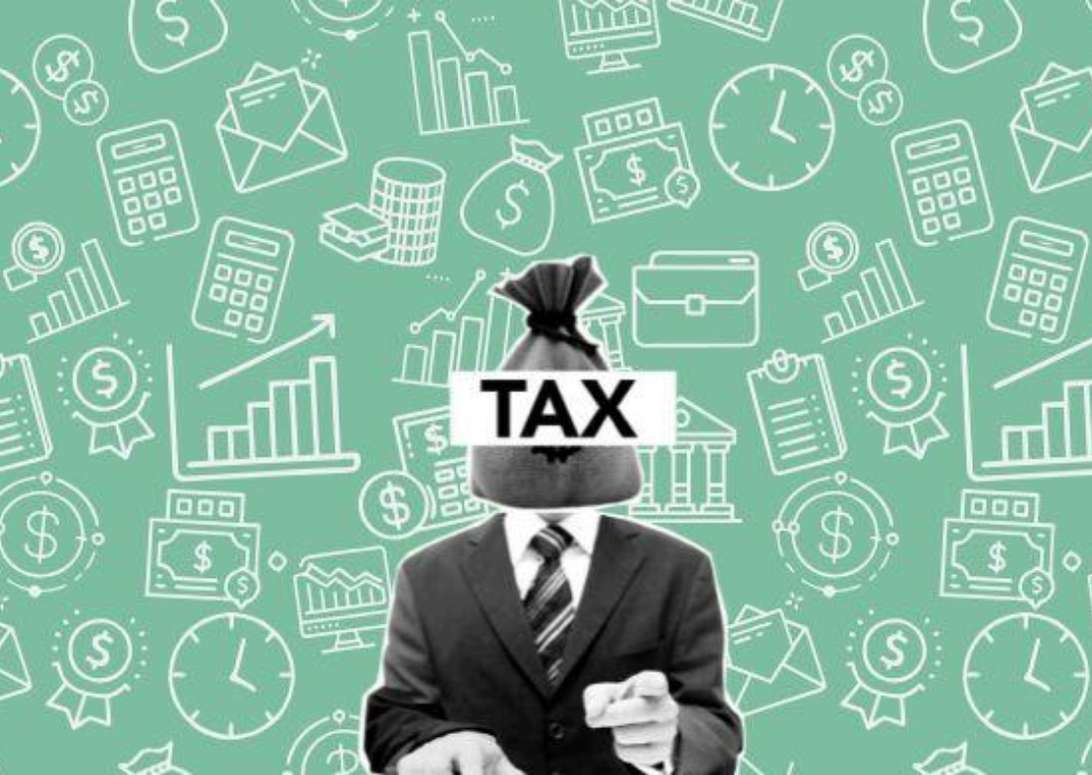ISLAMABAD – In a move widely welcomed by the business community, the federal government has rolled back several contentious tax measures, offering much-needed relief to struggling enterprises and aiming to restore economic stability.
According to details, the decision came after days of intense negotiations between government representatives, business leaders, and industry stakeholders. Initially, the new tax policy, introduced in the recent budget, had triggered concerns across multiple sectors, with many warning that the higher tax burden could stifle growth, discourage investment, and lead to job losses.
The government has now softened its stance by adjusting the rates and scope of certain taxes, particularly those affecting small and medium-sized enterprises (SMEs) and exporters. Key revisions include reduced advance income tax rates, exemptions for specific raw materials, and eased compliance requirements for businesses engaged in manufacturing and exports.
Finance Ministry officials stated that the move reflects the administration’s commitment to “balancing fiscal needs with economic realities.” They acknowledged that while tax revenues remain essential for development, the sustainability of businesses is equally critical for long-term economic health.
Industry leaders across the board have lauded the decision. The Pakistan Business Council (PBC) and various chambers of commerce issued statements appreciating the government’s responsiveness, noting that the revised measures would help restore investor confidence, facilitate business expansion, and potentially boost export competitiveness.
Economists, however, have urged caution, pointing out that while short-term relief is welcome, structural reforms in the taxation system are still needed to broaden the tax base and reduce reliance on indirect taxes. They warned that without such reforms, the recurring cycle of tax hikes and reversals could undermine fiscal discipline.
The latest development is seen as a positive step towards improving the business environment, especially at a time when Pakistan’s economy faces mounting challenges from inflation, currency depreciation, and a narrow tax net. Stakeholders are now urging the government to engage in continuous consultation with the private sector before implementing future fiscal measures, ensuring that policies are both growth-oriented and socially equitable.
This story has been reported by PakTribune. All rights reserved.



